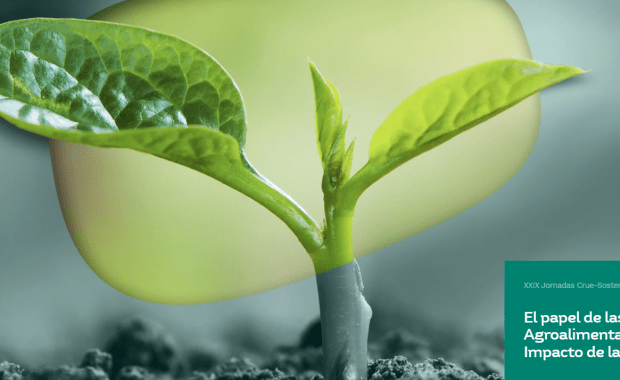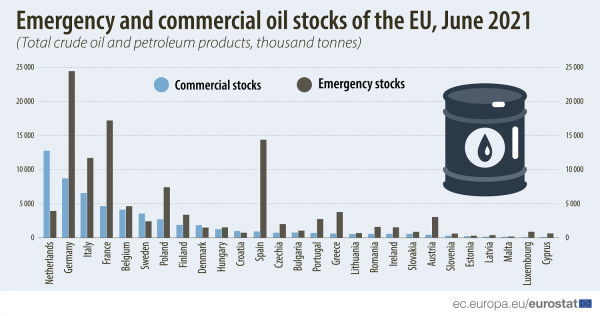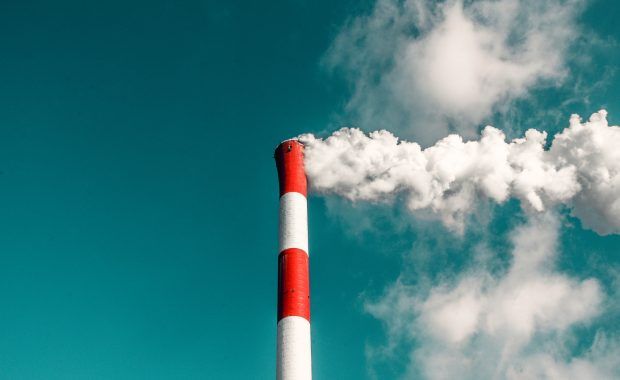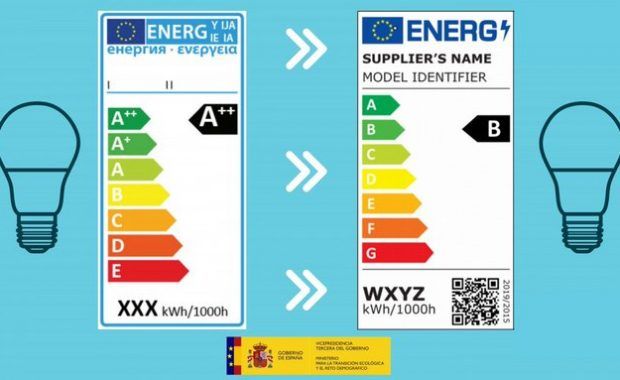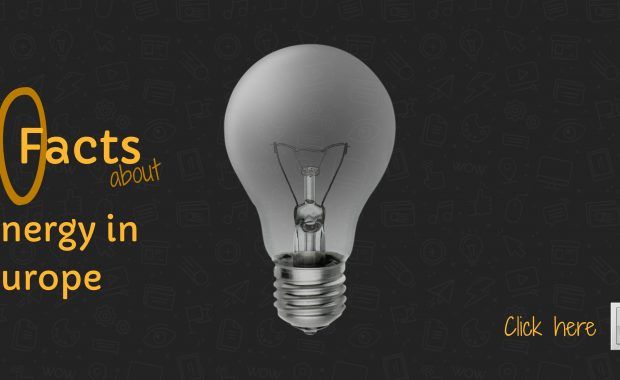Objective: Support the full implementation of the following strategies and plans: National Energy and Climate Plans (NECP, Regulation on the governance of the energy union and climate action (EU)2018/1999). National Energy Efficiency Action Plans (NEEAP). National or regional adaptation strategies or action plans. Urban or community-based action plans pioneering the transition to a low carbon […]
XXIX Crue-Sustainability Conference
The role of universities in Sustainable Agri-Food: Impact of the health crisis (27, 28 and 29 October 2021). The Crue-Sustainability Conference reaches its 29th edition in Almeria. In these conferences we emphasize that the University is an active agent that promotes the knowledge society, establishing the main objectives and actions to be carried out for […]
Emergency oil stocks in European Union
This article presents data on emergency and commercial oil stocks in the European Union (EU). Crude oil and petroleum products play a very important role in the economy of the European Union and, given the oil import dependency of the EU, holding emergency oil stocks is very important for the energy security of the Union. Commercial […]
LIFE Programme: Technical support to clean energy transition plans and strategies in municipalities and regions
Objective: The topic aims to provide local and regional authorities with the necessary capacity to deliver sustainable plans and strategies for the energy transition. To successfully support the achievement of energy and climate targets, transition strategies and plans need to be institutionalised, cross-sectoral and tailored to the level of innovation, ambition and specific geographic context […]
HORIZON EUROPE: Carbon-negative sustainable biofuel production
Expected Outcome: Reusing or inhibiting biogenic effluent gases from biofuel production in the same process, increases the biomass conversion efficiency and sustainability potential and the overall resource and energy efficiency of the biomass utilization. Improving such integration will contribute to increase the biofuel technology competitiveness and acceptance and advance the European leadership and global role […]
Simpler EU energy labels for lighting products
To help EU consumers cut their energy bills and carbon footprint, a brand new version of the widely-recognised EU energy label for light bulbs and other lighting products will be applicable in all shops and online retail outlets from Wednesday, 1 September 2021. The move follows the considerable improvement in energy efficiency in this sector […]
Protecting birds from the dangers of power lines
In the Slovak Republic, around 10 000 birds are killed by power lines each year. A LIFE award-winning project has come up with some ingenious ways to save these birds from perishing. Europe is home to more than 500 wild bird species but around a third of them are in danger of extinction. Adopted in 1979 […]
HORIZON EUROPE: Solutions for more sustainable geothermal energy
Expected Outcome: Project results are expected to contribute to all of the following expected outcomes: Performance and reliability improvement of shallow and/or deep geothermal systems; Reduced environmental impact of geothermal plants; Reduced risk of seismicity; Increased citizen engagement for geothermal energy; Reduction of LCOE approaching SET Plan targets (actions should clearly justify estimated LCOE at […]
Energy Consumption: Expectation vs Reality
The EU has struggled to reduce its energy consumption and was at risk of missing its 2020 energy efficiency target. In 2019, EU primary energy consumption (for all energy uses) decreased for the second consecutive year. Final energy consumption (by end users) saw only a modest decline, hampered by growing energy use in transport. Pandemic […]


